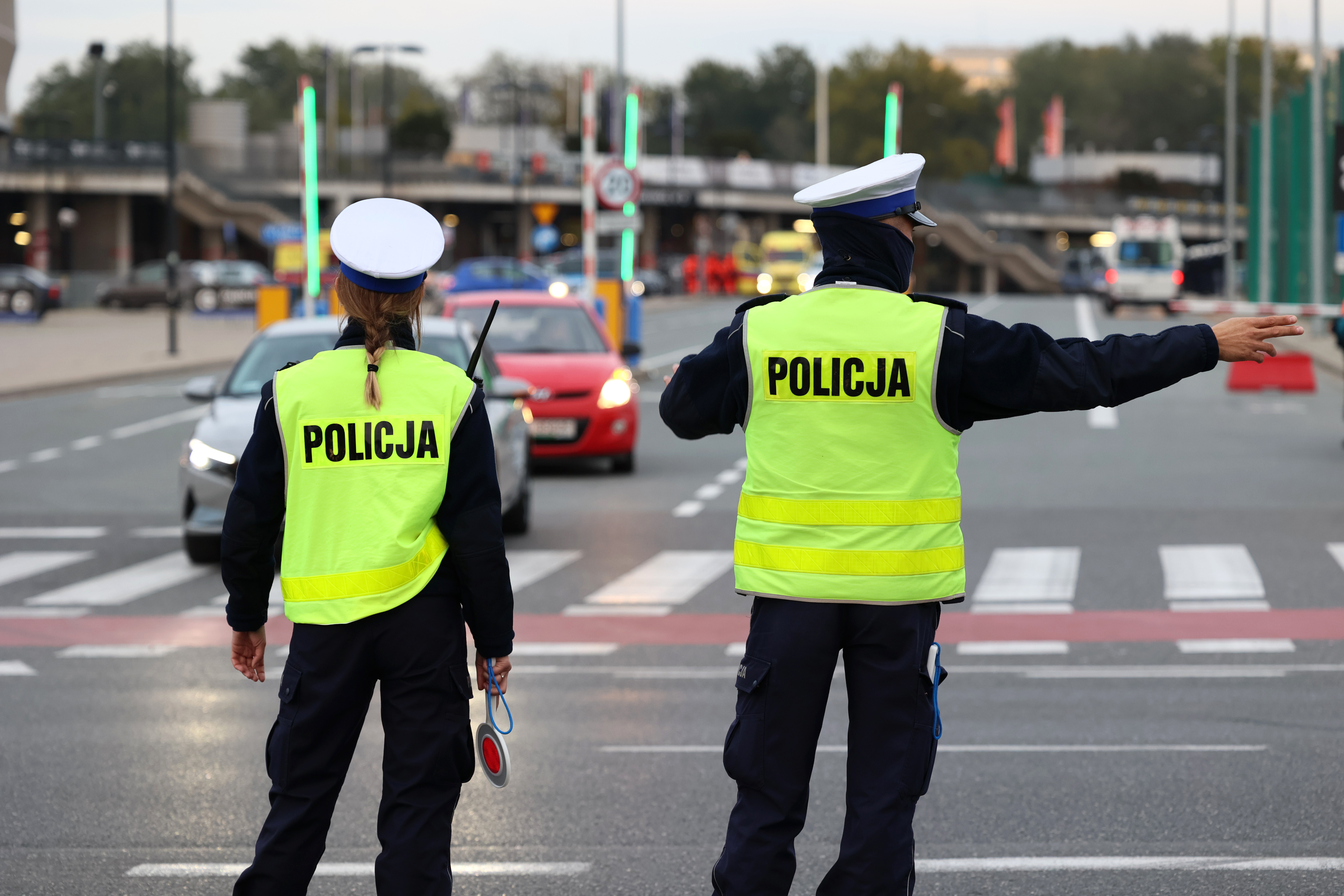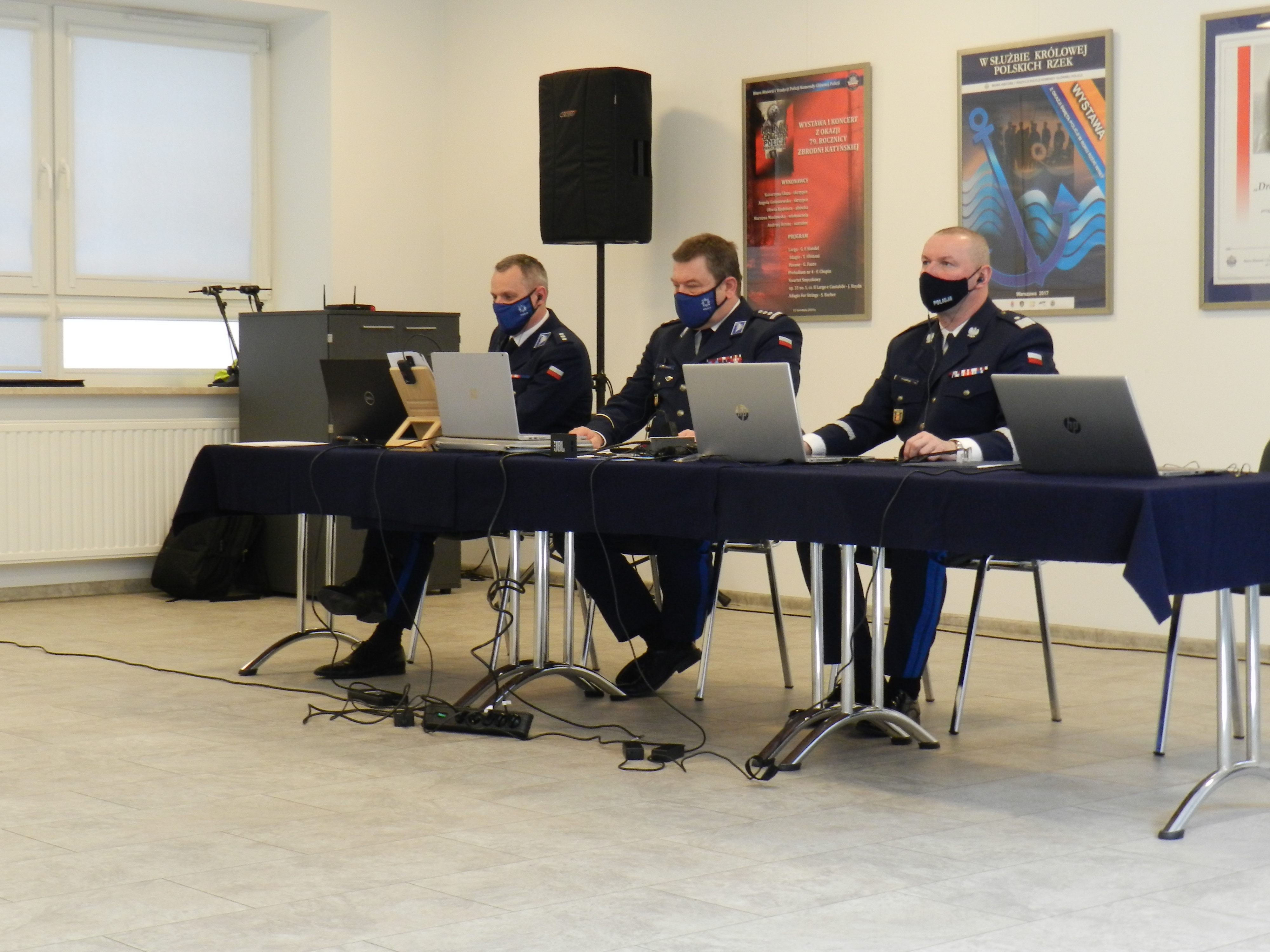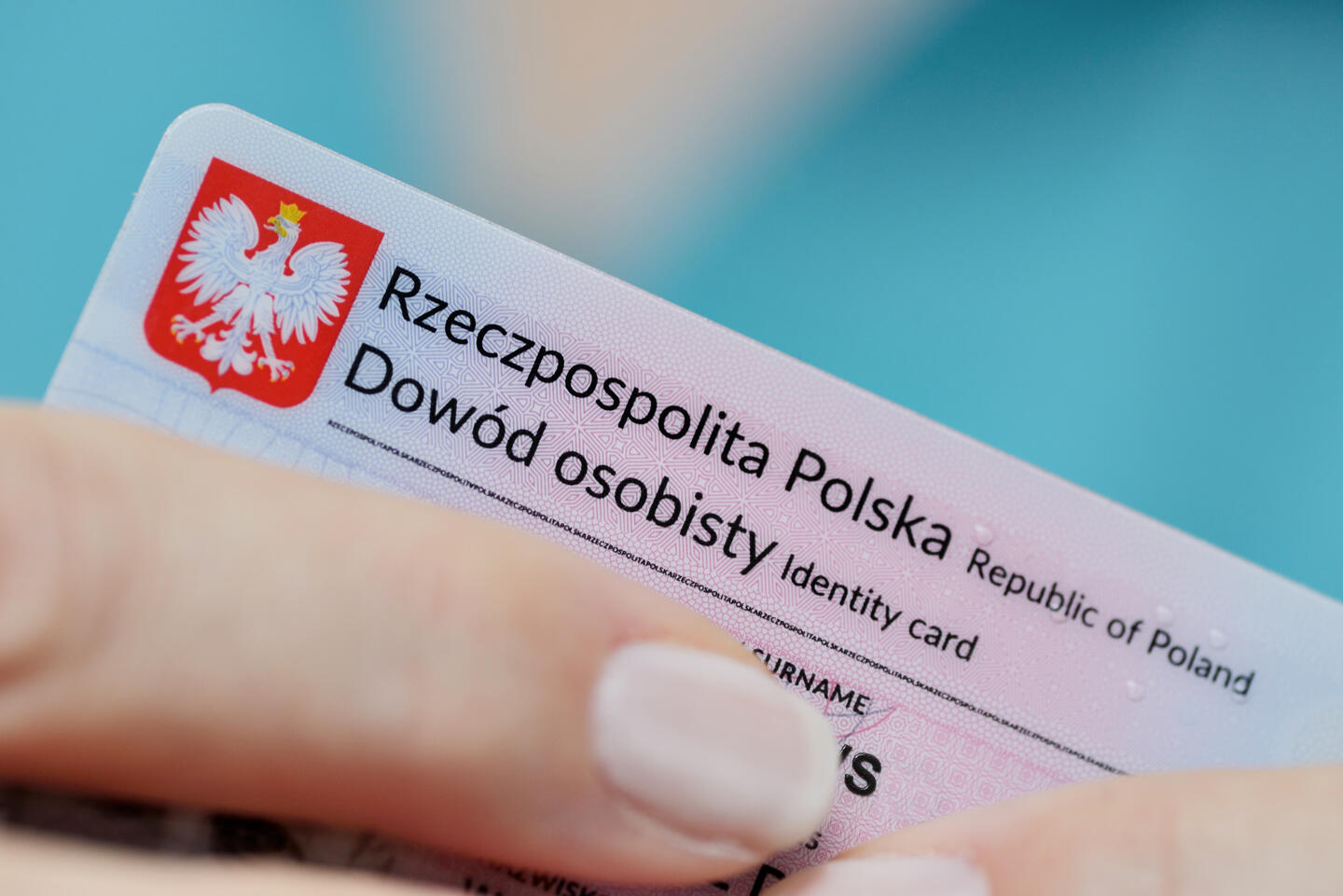With the rise of new technologies and innovation behind document falsification, it is becoming increasingly difficult for police to verify the identities of individuals. Improving police capacity to do that is therefore a pressing concern. Warsaw Metropolitan Police, together with national and Norwegian partners, is responding to this challenge by continuing to skill up law enforcement through the project ‘Documents – Safety and Control, including Tactical ID-control’.
In this article, we will explore how this project addresses the challenges faced by Polish police and look at how they increased their capacity through the use of technology, improved training and collaboration with partners.
Ensuring internal security of the Schengen zone
Tactical identity control is a valuable tool for law enforcement in a number of ways. It can help to identify suspects and witnesses, prevent crime, track criminal activities and increase public safety.
“We ask ourselves questions like: Is the presented document authentic? Is it legally valid? Does the image of the person in the document correspond to the image of the person being controlled? The totality of these activities forms a tactical identity check,” says Senior Sergeant Sebastian Zieliński from Warsaw Metropolitan Police.

Source: Adobe Stock
The project ‘Documents – Safety and Control, including Tactical ID-control’, helping police answer those questions in a better way, was born as a response to the difficulties posed by the control institution in verifying the authenticity of identity documents of both Polish citizens and the growing number of foreigners residing in the capital. The project, funded in the current financial period of Norway Grants, is scaling a project funded in the 2004-2009 funding period, where the focus was upskilling Warsaw police. The current project takes similar methodologies country-wide, training a wide range of public servants, including law enforcement, diplomatic corps and border patrols.
The main objective of the project is to increase the effectiveness of detecting and combating crime, including organized and cross-border crime, and thus improve the sense of European security within the Schengen area by increasing the effectiveness of document authenticity control. Senior Sergeant Sebastian Zieliński, Warsaw Metropolitan Police.
To achieve project goals, Warsaw Metropolitan Police purchase three types of equipment for forensic examination, training and use in the field. The Forensics lab received a specialised inspection station with two high-end digital and optical microscopes. Polish Security Printing Works – a state-owned company, responsible for producing currency and documents, purchased a digital document inspection station with 140 digital document testers to show the anti-counterfeiting safeguards during the training.
The training, designed together with the Norwegian ID Centre, covers topics like identifying forgeries, understanding biometric data and use of databases and legal regulations surrounding tactical identity checks.
During the course of two years, Warsaw Metropolitan police trained a total of 20,575 people, among them - 10 923 police officers. Over 10,000 portable document testers, equipped with a magnifying glass and ultraviolet and white light sources, were distributed to these officers to equip them to perform accurate basic document inspections.
“Thanks to the implementation of the training project, we are recording a steady increase in the detection of false documents by police officers. In 2022, only in the area of operation of the capital garrison, we identified 100 counterfeited documents. Officers, especially of the Traffic Police Department, who carry out tasks related to the control of the drivers in the area of the capital city of Warsaw, note the increased detection of counterfeited travel documents or licenses” adds Zieliński.

Copyright: Warsaw Metropolitan Police
In addition to checking for Polish documents, law enforcement in Poland is facing the need to confirm the authenticity of documents issued by neighbouring states. To that end, a part of the training also focused on the most common travel documents from countries such as Belarus, Ukraine and Russia.
“Events related to the migration crisis in Belarus and the armed conflict in Ukraine created an additional challenge for Polish services responsible for the country's internal security. Completed training courses for uniformed services and state institutions helped to meet and properly implement the tasks arising from this new challenge,” says Zieliński.
Norwegian best practices – a good fit for Poland
The project is implemented with support from a partner from Norway – the Donor State of the Norway Grants. The Norwegian ID Centre was central to the initial phase of the project. With their expertise, they helped train the initial group of officers, who later trained the rest.
“The request was training in technical document examination, but after initial dialogues, we agreed that the scope should include tactical training as well,” says Zybelin Beck from the Norwegian ID Centre.
The Norwegian ID Centre trained 100 participants over the course of two days.
“At that time, they presented their training assumptions on document verification and conducted part of the training. They carried out the planned tasks very well,” says Zieliński.
“By sharing knowledge and competence across the borders we participate in strengthening the important work related to establishing an identity with the rights and duties it might include, and with the goal of avoiding misuse of identity for gaining unlawful rights or criminal activity,” says Beck.
This project, along with other similar projects that the Warsaw Police implemented with partners from Norway, is a great example of how critical bilateral cooperation is when it comes to crime fighting.
The field of identity is an international field. We all need to know who is crossing our borders and who is residing in our country. Norway is located far North of Europe and is dependent on the control done in other countries since the control there will grant an identity that can be used in all the countries in the EU or Schengen. Most immigrants that arrive in Norway will have passed through other countries before they arrive here. Zybelin Beck, Norwegian ID Centre.
Stepping up to the common security challenge
Crime, regardless of its form, is detrimental to our communities and poses a threat to our safety and security, as well as the competitiveness of our economies. With €63 million in funding through the Norway Grants for international police cooperation alone, Norway shows its dedication to building a safer Europe
On the ground, the Norway Grants help strengthen police cooperation by supporting projects in six EU countries. In Poland alone, 12 different projects are helping national actors improve their capacity to combat crime.
- Read more about Norway Grants support to police cooperation
- Learn about our priorities in the areas of justice and home affairs
- Visualise our support and find organisations working towards a safer Europe on our Data and results portal
This project is financed under the Norway Grants 2014-2021 in the programme area Home affairs. In Poland, the programme is managed by the Ministry of the Interior and Administration.

